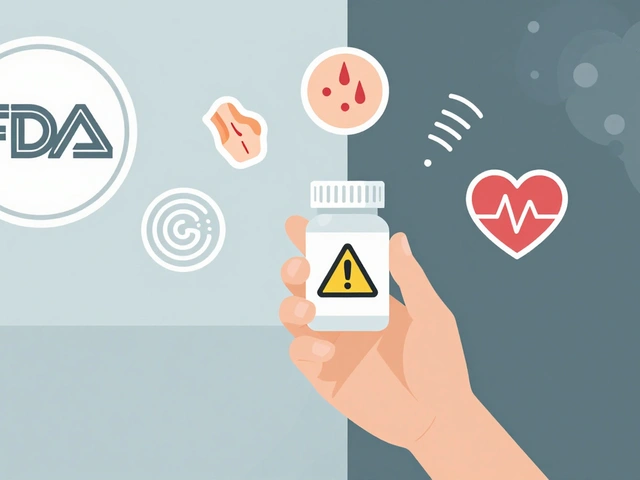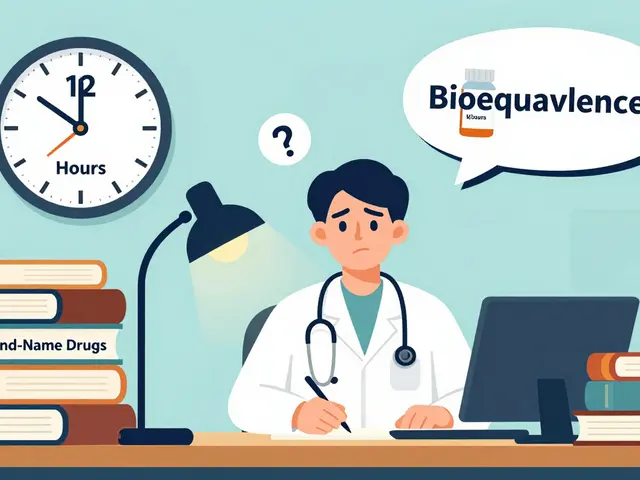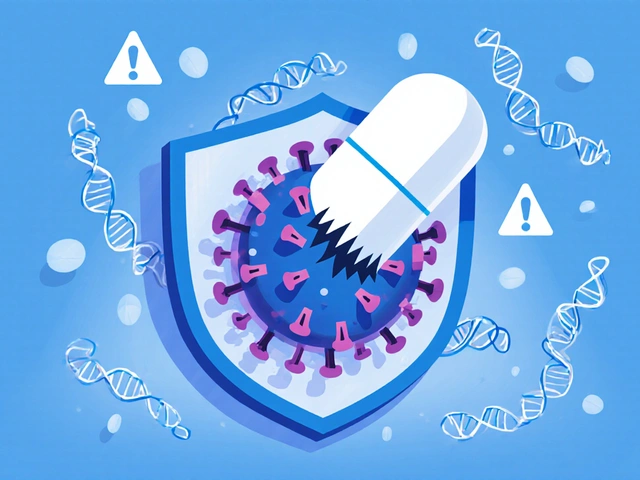Serpina: Simple Guide to This Protein Family
Ever wonder what "Serpina" means when you see it in a medical article? It’s a name for a group of proteins that act like body’s own safety switches. These proteins belong to the serine protease inhibitor family, which means they keep other enzymes from cutting up proteins when they shouldn’t.
Think of Serpina proteins as traffic cops for enzymes. Enzymes called serine proteases are like workers that break down proteins. When they work too hard or in the wrong place, they can cause damage. Serpina steps in, slowing them down or stopping them completely. This balance keeps tissues healthy and prevents inflammation from getting out of control.
Key Members and What They Do
The SERPINA family includes several well‑known members. Serpina1 (also called alpha‑1 antitrypsin) protects the lungs from damage caused by enzymes released during inflammation. A deficiency in this protein can lead to early‑onset emphysema. Serpina5 (protein C inhibitor) helps regulate blood clotting, so it’s important for preventing unwanted clots. Serpina3 is involved in the immune response and can be found at higher levels during infections.
Each member has a specific job, but they share the same basic mechanism: they bind to a serine protease and block its active site. This bond is usually reversible, allowing the body to fine‑tune enzyme activity as needed.
Why Serpina Matters for Your Health
If a Serpina protein isn’t working right, you can see problems show up in different organs. Low alpha‑1 antitrypsin levels, for example, make the lungs vulnerable to damage from cigarettes or pollutants. On the flip side, too much Serpina activity can suppress needed enzyme action, slowing down processes like wound healing.
Doctors sometimes check Serpina levels when they suspect genetic disorders or when patients have unexplained liver or lung issues. Knowing the status of these proteins helps guide treatment, such as giving replacement therapy for alpha‑1 antitrypsin deficiency.
Researchers are also looking at Serpina proteins as targets for new drugs. By designing molecules that boost or block specific Serpina actions, they hope to treat conditions like chronic inflammation, clotting disorders, and even certain cancers where protease activity goes haywire.
In everyday life, the most practical tip is to avoid smoking and limit exposure to air pollutants. These habits keep your lungs safe and reduce the strain on your Serpina proteins, especially alpha‑1 antitrypsin.
So, next time you see "Serpina" in a lab report or article, remember it’s a family of natural regulators that keep enzyme activity in check. They protect lungs, help control clotting, and support the immune system. Understanding their role can help you appreciate why balance in the body matters and why doctors pay close attention to these proteins.

Discover what Serpina is, its key health benefits, proper dosage, and safety tips. A clear guide for anyone curious about this supplement.





